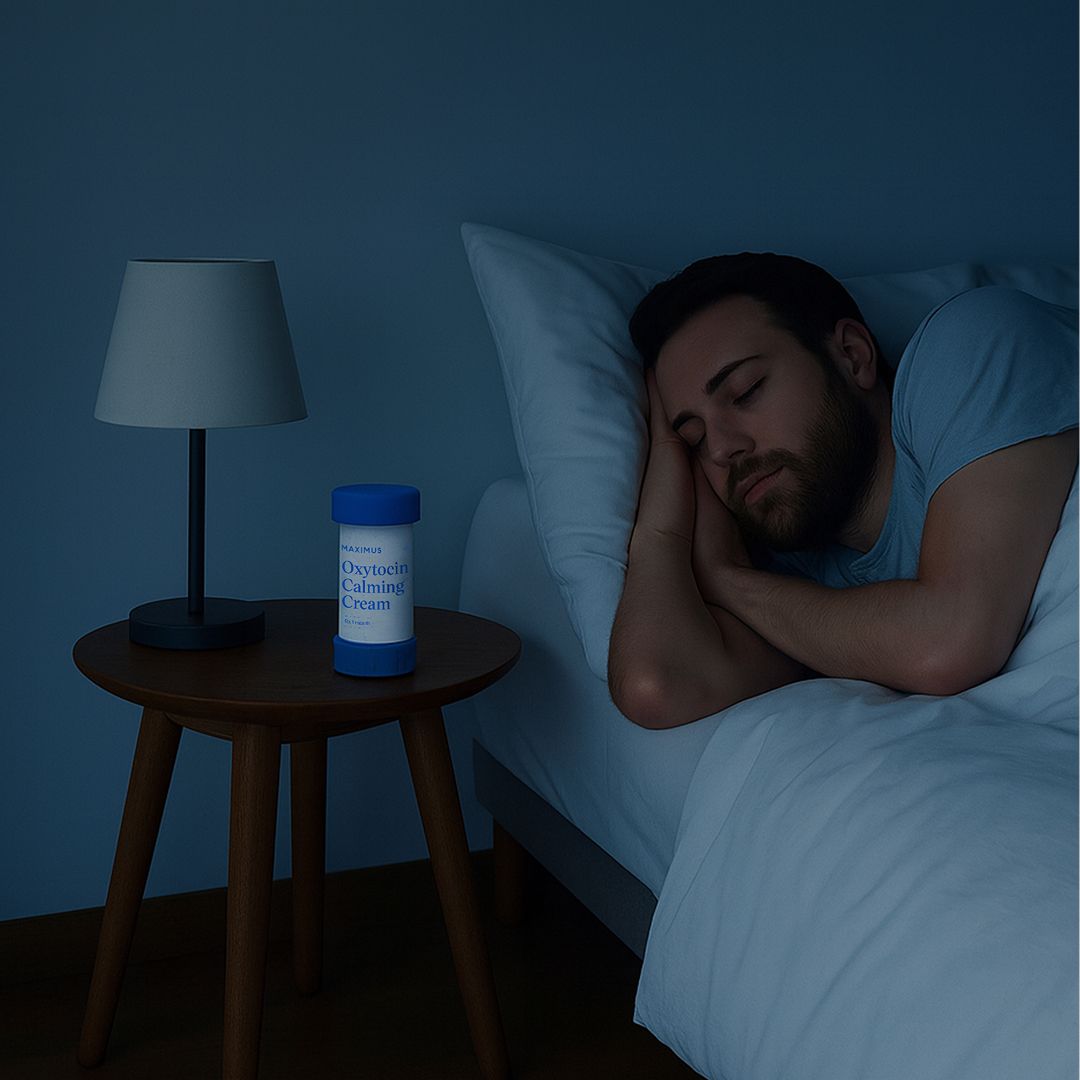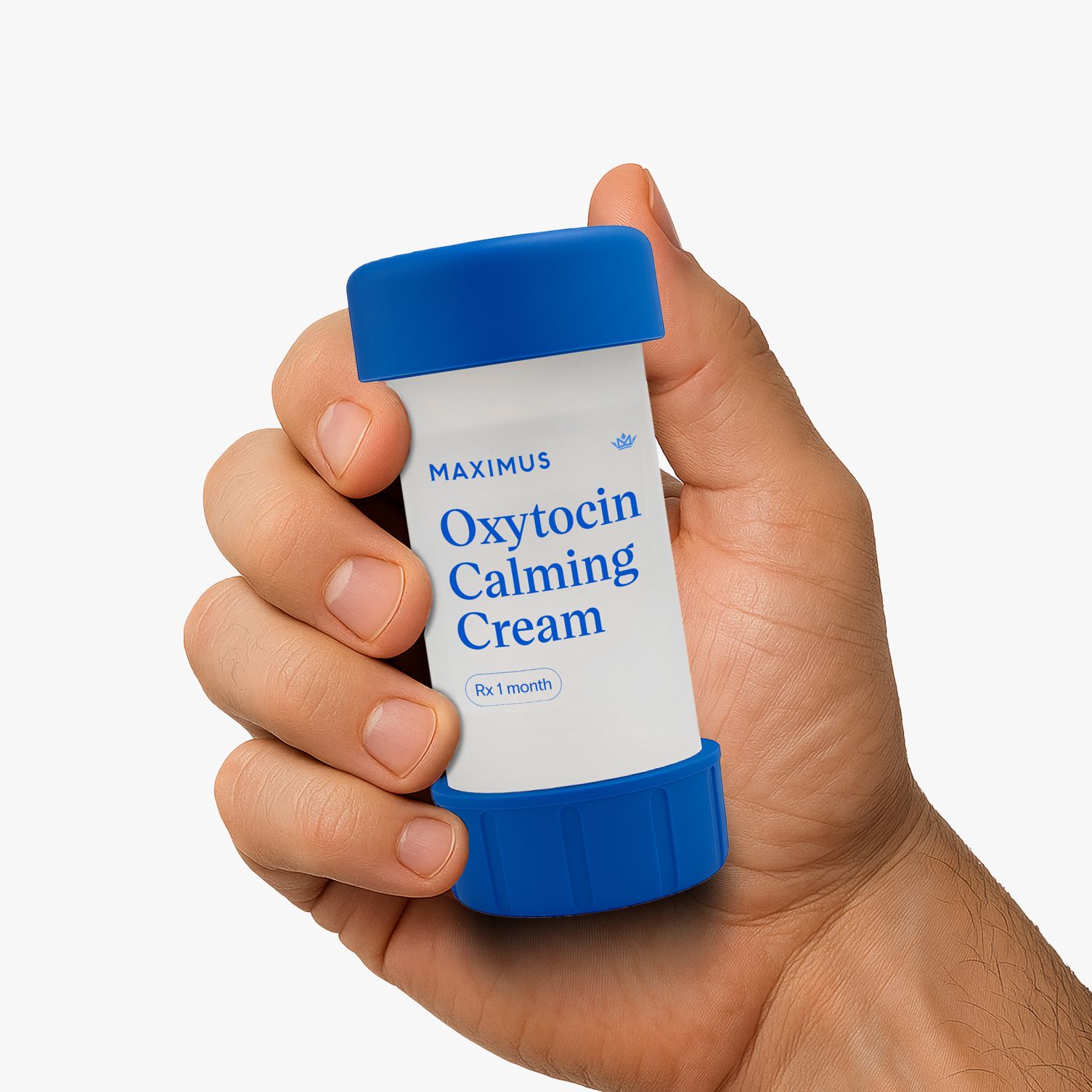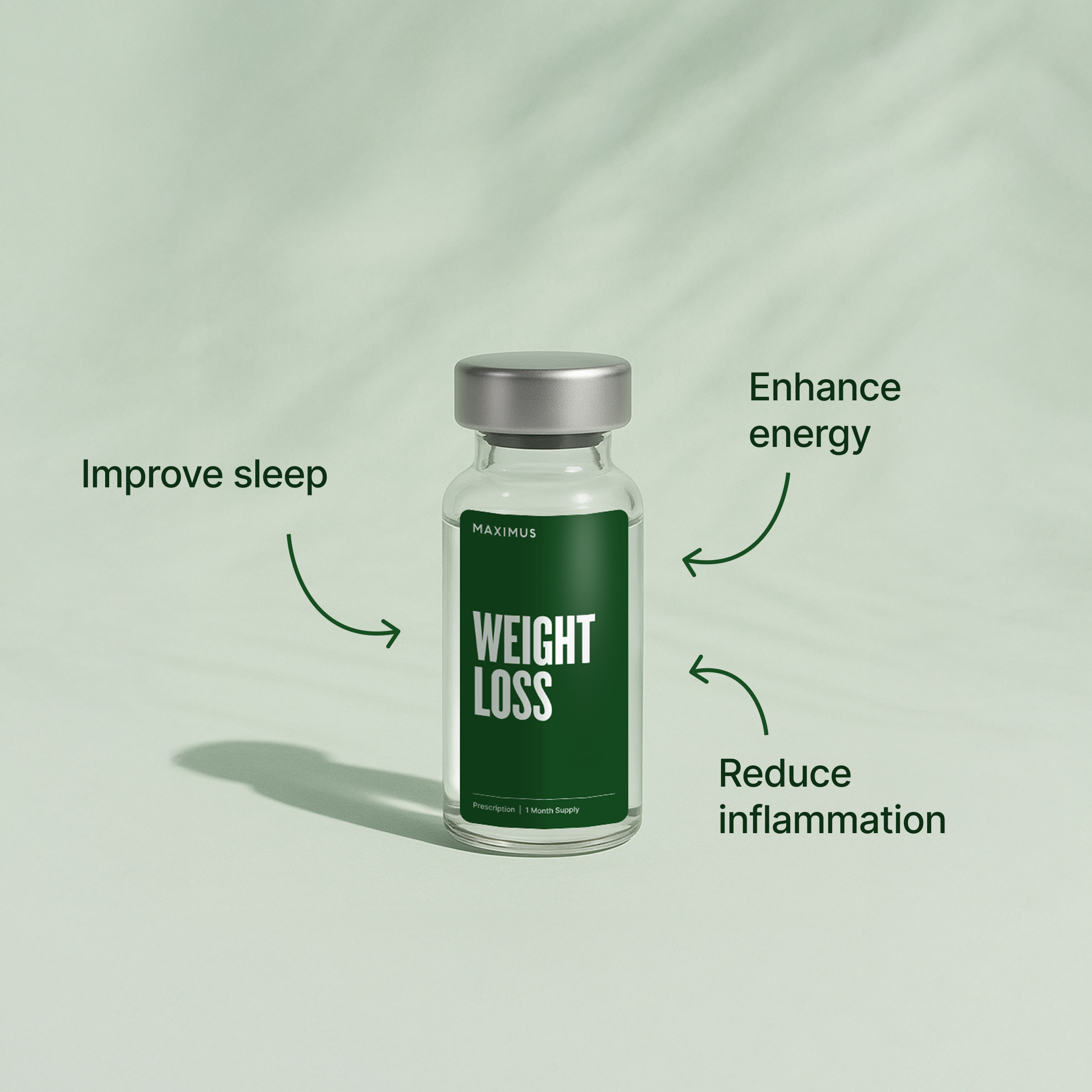GLP-1 medications have rapidly evolved from diabetes treatment to multi-system therapeutic powerhouses. Originally approved for blood sugar control, they're now also FDA-approved for weight management and cardiovascular risk reduction. Recent studies show promising benefits for conditions like sleep apnea, but the most intriguing development might be happening in an unexpected organ: your brain.¹
Emerging research suggests these medications may slow the progression of Alzheimer's disease and offer neuroprotective benefits through mechanisms we're only beginning to understand.² This isn't coming from drugs developed for brain health. It's coming from the same weekly injections millions already use for metabolic optimization.
The implications are staggering, and they're only now coming into focus.
What (and where) are GLP-1 Receptors
GLP-1 receptors aren't just in your gut. They're scattered throughout your brain, especially in areas that control memory, learning, and appetite.³ When you inject a GLP-1 medication, you're not just managing blood sugar. You're potentially activating protective mechanisms throughout your brain.
Your brain is remarkably energy-hungry, consuming about 20% of your body's glucose despite being only 2% of your body weight.⁴ GLP-1s appear to optimize this energy usage at the cellular level, potentially enhancing how neurons generate and utilize energy.⁵ They also boost brain-derived neurotrophic factor (BDNF), often called "Miracle Gro for the brain," which promotes neuron growth and enhances synaptic plasticity.⁵
This makes intuitive sense. A brain that can efficiently produce and use energy is a brain that can adapt, learn, and resist age-related decline. When your neurons have reliable power and the ability to form new connections, cognitive resilience follows.
How do GLP-1s Reduce Inflammation: Microglia and Astrocytes
Here's what makes GLP-1s particularly compelling for brain health: they modulate your brain's immune system. Your brain has its own specialized immune cells, microglia and astrocytes, that normally protect neural tissue. But when these cells become chronically activated, they create a state of neuroinflammation that accelerates cognitive decline.
Think of microglia as your brain's resident security force. In a healthy brain, they patrol for threats and clear debris. But in chronic inflammation, they become overzealous, releasing inflammatory cytokines that damage healthy neurons. GLP-1 medications appear to calm overactive microglia, shifting them from a destructive to a protective state.
This mechanism matters because neuroinflammation drives the formation of amyloid plaques and tau tangles, the pathological hallmarks of Alzheimer's.⁶ By dampening this inflammatory cascade, GLP-1s potentially slow or prevent the molecular domino effect leading to memory loss. A meta-analysis of preclinical studies found GLP-1 treatment consistently reduced brain inflammation markers by 40-60%.⁶
Could neurological disorders be the next therapeutic target for GLP-1s? The research increasingly suggests yes.
Microdosing GLP-1s for Brain Health
At Maximus, we understand there's no one-size-fits-all solution. Our custom dosing protocol offers tailored dosing with adjusted injection frequencies to ensure you get the most benefit with the least side effects.
Microdosing: A dose inspired by clinical experience and literature, this is a true microdose that allows you to reap the potential benefits of enhanced BDNF production, reduced neuroinflammation, and improved mitochondrial function while minimizing the risk of common side effects including nausea, appetite suppression, and gastrointestinal discomfort. This approach is intended for folks who aren't necessarily in the traditional BMI categories but want foundational metabolic benefits or modest weight goals.
Custom Titration: This titration plan, similar to traditional protocols with adjustments in weekly dose frequency, uses staggered up-titrations to optimize your weight loss journey. Your provider takes your progress and input to tailor your regimen, ensuring the dosing evolves with your needs and tolerance.
Through physician guidance, we find the right approach for your goals. Your dosing plan evolves with your progress, optimizing for what matters most to you. This flexibility works across all GLP-1 medications we offer.
GLP-1s for Your Brain: The Complete Protocol
If you're using GLP-1s, consider them part of a broader brain optimization strategy:
Essential Brain Nutrients: While GLP-1s work systemically, targeted supplementation ensures your brain gets what it needs. Creatine (5g daily) supports cellular energy production and has shown cognitive benefits.⁷ Omega-3 fatty acids (2-3g daily) maintain membrane health and reduce neuroinflammation.⁸ Vitamin D (2000-5000 IU) supports everything from mood to memory.⁹ Magnesium (200-400mg) enables hundreds of enzymatic reactions crucial for brain function.¹⁰
The Sleep Factor: A landmark 2024 study that prompted consideration of tirzepatide for sleep apnea treatment found the medication reduced apnea-hypopnea index (AHI) by up to 58.7% in patients with moderate-to-severe obstructive sleep apnea.¹
Why does this matter for brain health? Sleep apnea disrupts the deep sleep stages when your brain's glymphatic drainage system is most active. This system clears metabolic waste including amyloid beta and tau proteins, the toxic proteins that form Alzheimer's plaques and tangles.¹¹ By reducing apnea events, GLP-1s help restore normal sleep architecture, allowing this crucial brain maintenance to occur. Higher doses of GLP-1s particularly improve sleep quality, with users reporting more restorative, uninterrupted deep sleep stages.
GLP-1s: Beat the Bulge and Boost your Brain
While we're still a ways from curing Alzheimer's and dementia, these medications are showing promise in addressing multiple risk factors simultaneously. GLP-1s target neuroinflammation, metabolic dysfunction, and sleep disruption, all established contributors to cognitive decline.
The convergence of evidence suggests GLP-1 medications offer genuine neuroprotective potential when used as part of a comprehensive strategy. For those already using GLP-1s, these brain benefits are a powerful bonus to metabolic optimization. For those considering treatment, the cognitive protection angle adds another dimension to the cost-benefit analysis.
The Maximus approach ensures you're optimizing for both immediate results and long-term brain health through physician guidance, careful titration, and comprehensive support. Because the goal isn't just metabolic health today. It's maintaining the cognitive sharpness that defines who you are for decades to come.
Reviewed by
Gabriel Alizaidy, MD, MS
Starling Krentz, MS
References:
- Malhotra A, et al. Tirzepatide for the Treatment of Obstructive Sleep Apnea and Obesity: Primary Results From the SURMOUNT-OSA Phase 3 Trials. N Engl J Med. 2024;391:1193-1205.
- Weight-loss medicine may slow the progression of Alzheimer's disease. Brain Sciences. 2024.
- Baggio LL, Drucker DJ. Glucagon-like peptide-1 receptors in the brain: controlling food intake and body weight. J Clin Invest. 2014;124:4223-4226.
- Mergenthaler P, et al. Sugar for the brain: the role of glucose in physiological and pathological brain function. Trends Neurosci. 2013;36(10):587-597.
- Roy A, Dawson VL, Dawson TM. From metabolism to mind: The expanding role of the GLP-1 receptor in neurotherapeutics. Neurotherapeutics. 2025;e00712.
- Kong F, et al. Glucagon-like peptide 1 (GLP-1) receptor agonists in experimental Alzheimer's disease models: a systematic review and meta-analysis of preclinical studies. Front Pharmacol. 2023;14.
- Rae C, et al. Oral creatine monohydrate supplementation improves brain performance: a double-blind, placebo-controlled, cross-over trial. Proc Biol Sci. 2003;270(1529):2147-2150.
- Yurko-Mauro K, et al. Beneficial effects of docosahexaenoic acid on cognition in age-related cognitive decline. Alzheimers Dement. 2010;6(6):456-464.
- Pludowski P, et al. Vitamin D supplementation guidelines. J Steroid Biochem Mol Biol. 2018;175:125-135.
- Slutsky I, et al. Enhancement of learning and memory by elevating brain magnesium. Neuron. 2010;65(2):165-177.
- Xie L, et al. Sleep drives metabolite clearance from the adult brain. Science. 2013;342(6156):373-377.
----
Disclaimer: The contents of this article, including, but not limited to, text, graphics, images, and other information, is for information purposes only and does not constitute medical advice. The information contained herein is not a substitute for and should never be relied upon for professional medical advice. The content is not meant to be complete or exhaustive or to be applicable to any specific individual's medical condition. You should consult a licensed healthcare professional before starting any health protocol and seek the advice of your physician or other medical professional if you have questions or concerns about a medical condition. Always talk to your doctor about the risks and benefits of any treatment. Never disregard or delay seeking professional medical advice or treatment because of something you have read on this site. Maximus does not recommend, endorse, or make any representation about the efficacy, appropriateness, or suitability of any specific test, products, procedures, treatments, services, opinions, healthcare providers or other information contained herein. Maximus is not responsible for, nor will they bear any liability for, the content provided herein or any actions or outcomes resulting from or related to its use.
----





